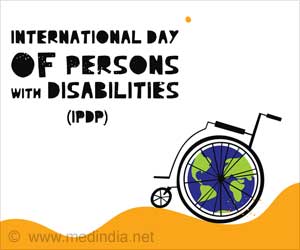All 435 281 mother-infant pairs delivering between 24 weeks 0 days and 43 weeks 6 days’ gestation who were in active labor with cephalic presentation and who delivered vaginally or via unplanned cesarean delivery were included.
Stillbirths and infants with known congenital anomalies were excluded. Data were analyzed between August 1, 2020, and July 23, 2021.
Exposures Epidural analgesia in labor.
Neonatal outcomes included resuscitation, Apgar score less than 7 at 5 minutes, and neonatal unit admission. Childhood development measures (gross and fine motor function, communication, and social functioning) were obtained from standardized national childhood surveillance assessments performed at 2 years.
It was found that epidural analgesia was associated with a reduction in spontaneous vaginal deliveries, an increased risk of neonatal resuscitation and an increased risk of neonatal unit admission.
Epidural analgesia was also associated with a reduced risk of an Apgar score less than 7 at 5 minutes in both confounder and confounder/mediation analyses. Epidural analgesia was associated with a reduced risk of having developmental concern in any domain at 2 years in confounder and confounder/mediation analyses.
The results of this cohort study suggest that labor epidural analgesia is not independently associated with adverse neonatal or childhood development outcomes. Associations with neonatal resuscitation and admission were likely mediated by mode of delivery.
Source: Medindia



